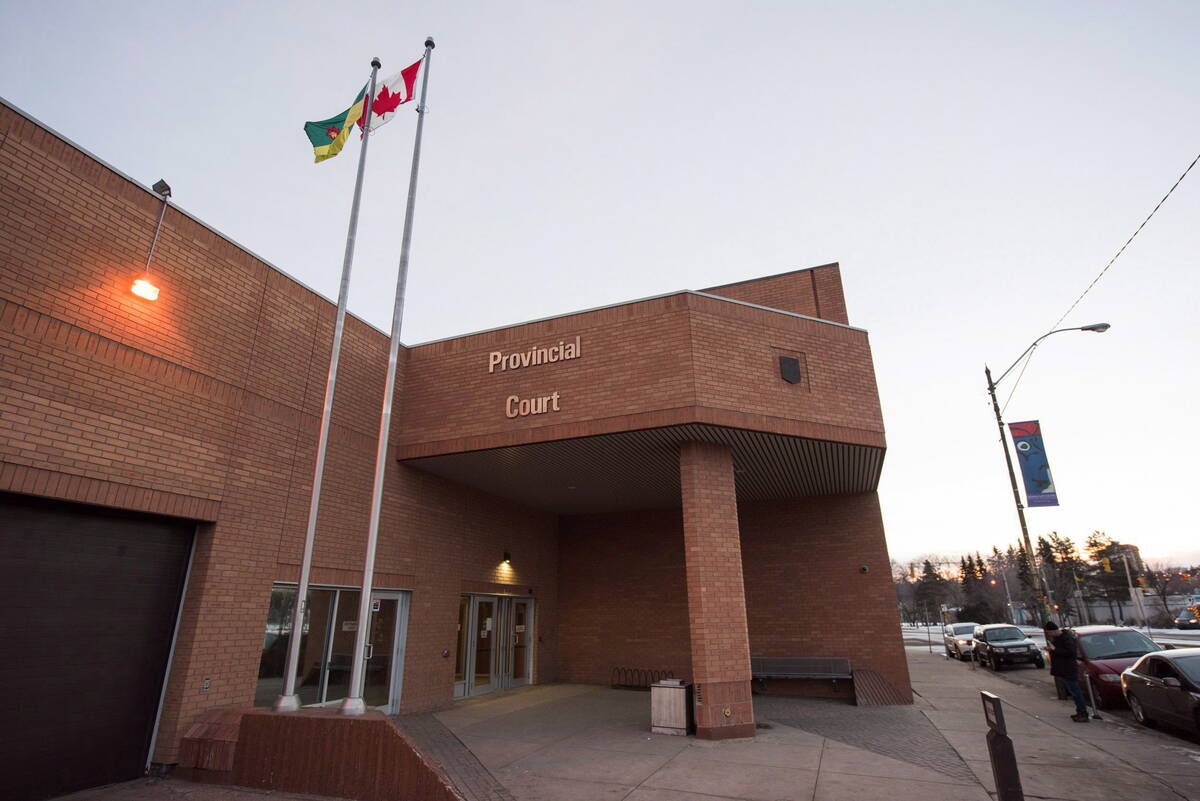About 60 health-care workers in Prince Albert, Sask., walked off the job May 9 after the Health Sciences Association of Saskatchewan announced it was calling a strike.
They were the only workers on the picket line on the first day of the strike.
The union represents a diverse group of workers, including addictions counsellors, paramedics, physical therapists and dietitians.
Its 3,000 members have been without a contract for two years and gave strike notice May 6.
Wages are the sticking point. The union has asked for 18.5 percent over four years.
Read Also

Understand limitation periods if considering civil suit
A limitation period refers to the amount of time a plaintiff has to commence a formal claim in court or lose their ability to pursue it.
The Saskatchewan Association of Health Organizations, which represents the government, has offered 7.5 percent over the same time period.
SAHO responded to the strike notice with an offer to continue bargaining and conclude a collective agreement.
The union has requested binding arbitration.
The two sides were expected to meet May 10.
Saskatchewan’s essential services legislation allows health regions that employ HSAS members to deem some workers essential during strikes. For example, those who work in acute care are required to stay on the job.
About half of the union positions have been declared essential, but the strike will affect each region differently.
HSAS president Cathy Dickson said the strike also allows the union to highlight understaffing.
“A report commissioned by the (premier Brad) Wall government confirmed that seven times a day in rural Saskatchewan and 10 times a day in our cities, ambulances fail to get to patients within the national standards for safe response times,” Dickson said in a news release.
She would not say how the strike might unfold.
The offer to HSAS members is inadequate, said leader Dwain Lingenfelter.
Wall said the solution is at the bargaining table.

















